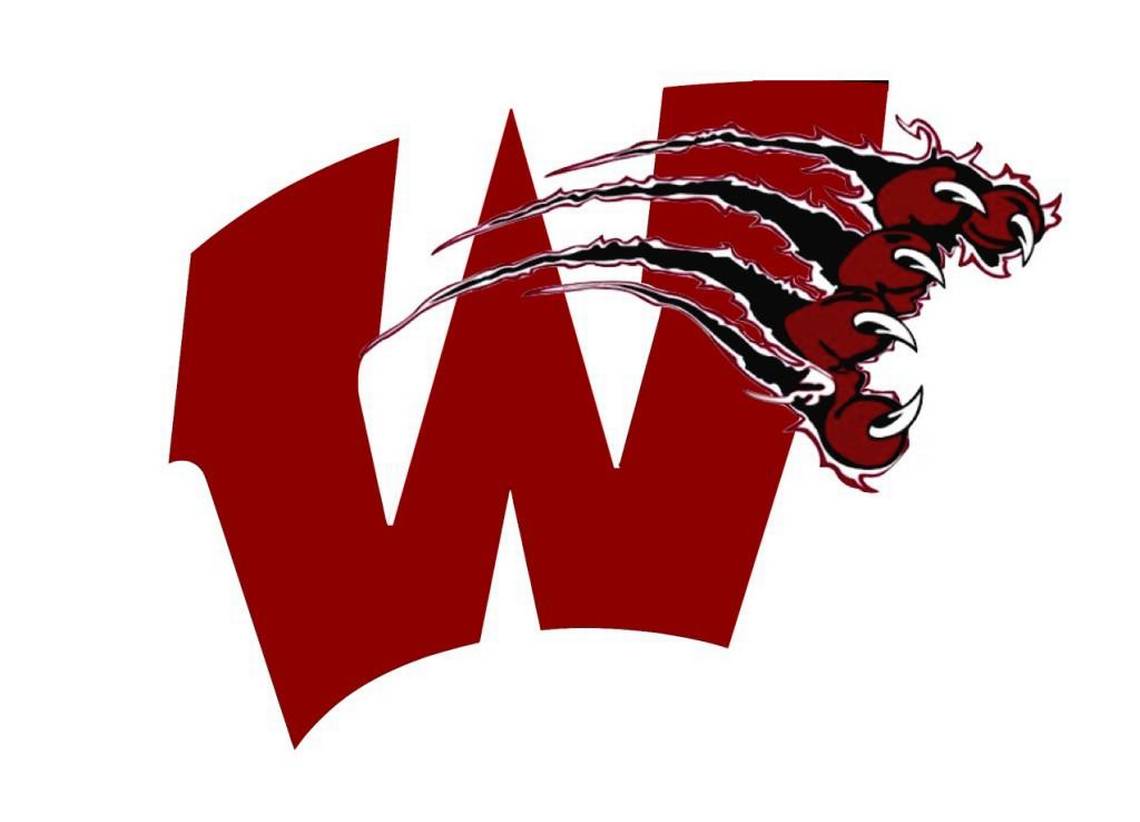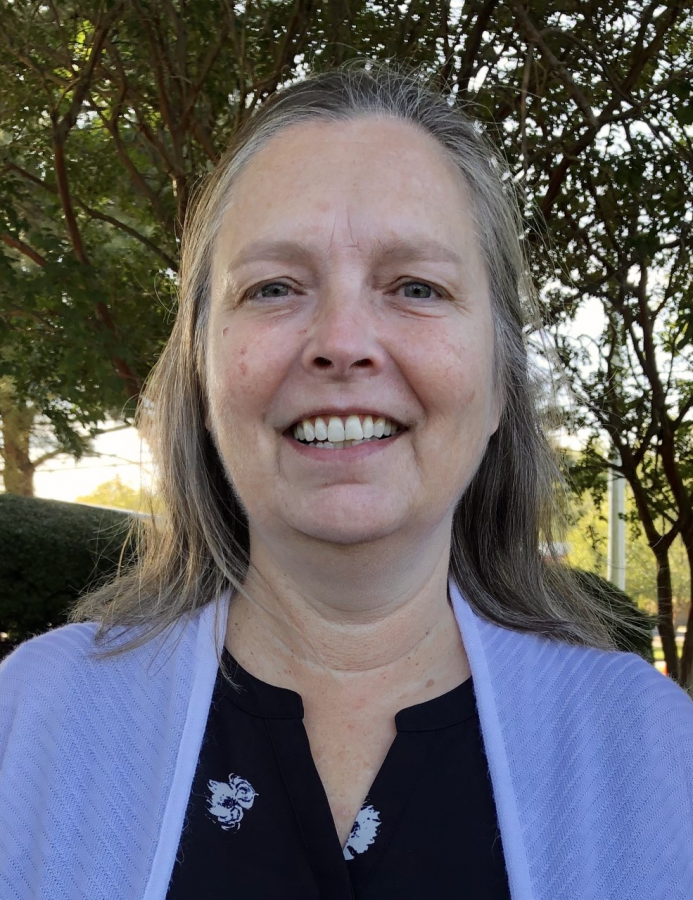MARILYN TURNER, Math Department
Q: What do you teach?
A: I teach Math III and Pre-Calculus.
Q: Tell me about your educational background.
A: I had children then finally went back to college. I always say that I was on the 23-year plan to get my college degree. I taught six years in Greensboro. Then I went back to New Jersey [because] I’m a Jersey girl at heart, so I taught there for nine years. My son got transferred to North Carolina and he said, “Mom, move down here with me,” so I said “OK.” Haha. I’m glad he chose Raleigh instead of Greensboro because I like Raleigh so much better.
Q: What made you decide to teach math?
A: As far back as I can remember, I’ve wanted to be a teacher. When I was young, I had a friend in my neighborhood. She liked to play dolls and I didn’t. We used to make deals that if I played dolls, she would play school with me.
Q: How has virtual learning impacted your job?
A: Because students missed a lot of content in the spring, it’s more difficult to move onto the next math class. They are missing some important skills that we’re trying to implement into the Math III course. It’s more time-consuming than I’d ever imagined.
Q: What do you like most about Wakefield so far?
A: I love the collaboration among the teachers. The students are awesome. The parents I’ve had contact with are probably the best parents I’ve interacted with — they’re very supportive. I don’t really know much about the personality of the school, but so far my experience has been really good.
Q: What is your advice for students taking your class(es)?
A: I always tell [students] that math or any subject for that matter is something that you have to practice. You don’t just go out on a Friday night and play a football game — you have to learn the skills and drills, practice the plays, etc. I [also] tell them: “Math is everywhere in the world because there is nothing in life that isn’t a mathematical equation.”
Q: Are there ways that teachers can help students get more excited about math?
A: The big push is for project-based learning [through] working in groups and collaborating. There’s a school in California called High Tech High. They have students solve global, social, and economic problems around the country. I think if we moved more towards technological learning, the students would be more interested [in math class].




















